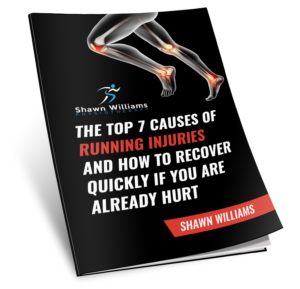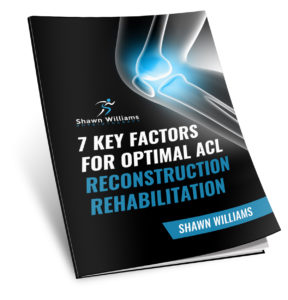One of the most frequent questions I am asked when working with neck patients: Is my pillow causing neck pain?
Torontonians lead very busy lives, so they require a good night’s rest. But many people in Toronto struggle to sleep at night due to neck pain, leading to chronic tiredness. Does this sound like something you have experienced? Perhaps you have even tried changing your pillow or mattress in an effort to reduce your neck pain. Unfortunately, these changes likely had no or very little effect on your neck pain.
Neck pain when you are lying in bed does not necessarily mean that your pillow is causing neck pain or your mattress is to blame. It is possible the pain becomes more apparent at night simply because you are resting. Neck pain can worsen when a position is maintained for a long period of time, including while you are sleeping. Alternatively, your pain may just become more noticeable because there are no distractions to the pain when you are trying to fall asleep. Either way, a potentially costly pillow or mattress change is not going to rid you of your neck pain.
Pain is your body’s way of telling you something is not right. However, the body part that hurts does not always indicate where the problem lies. Neck pain may represent a mobility problem in your neck, or it may result from an issue in your middle back, lower back, or even shoulders. This is because if there is too much or too little mobility further down the spine or somewhere else in the body, your neck may be compensating. Seeking out a physiotherapist, who understands movement impairments and their effects, allows you to get a restful sleep without medication or changing your pillow. A physiotherapist will preform a thorough movement assessment to determine where the problem is truly originating. They will then use a combination of manual therapy techniques, exercises and/or stretches to restore normal and pain free movement. A physiotherapist with FCAMPT certification can also perform manipulations to restore movement.
All of this being said, if you have your pillow for a long time and want to purchase a new pillow, the best pillow for your neck depends on your sleep position The goal is to always keep your neck aligned with the rest of your spine. Side sleepers need a moderately thick pillow to prevent a sideward bend in your neck. Back sleepers require a low level pillow to support the natural forward curve of the neck. Lastly, stomach sleepers should use a very thin pillow or no pillow at all to prevent forcing an excessive backward curve in your neck while you sleep.
If you live in the Toronto area and have been experiencing neck pain at night, or
have more questions on how physiotherapy can reduce your neck pain, contact us by
sending us an email or giving us a call or text at 416-660-4187.




